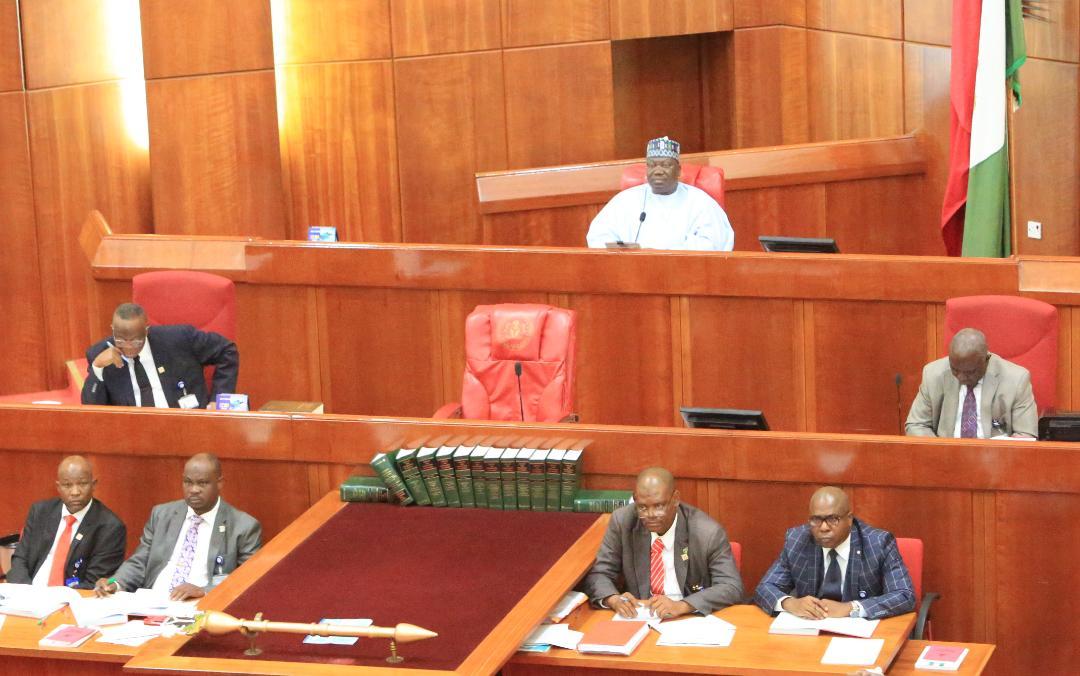FinTech, Digital Operation Is Future Of Banking, Post-COVID, Says Unuegbu

•Urges Banks To Help Customers Survive Shock
Managing Director of Maxifund Securities Limited, Mazi Okechukwu Unegbu, at the weekend in Lagos challenged the management of banks in Nigeria to adjust to the dynamics brought about by the raging Coronavirus (COVID-19) pandemic, following which economies across the globe are on lockdown, sending commodity prices tumbling down.
One such reality that will become norms, he said is that the future of banking, post-COVID-19, is the digital operation, which calls for stronger partnerships with Fintech companies for enhanced service delivery to clients.
In a presentation titled: “COVID-19 and the Future of Banking,” at the monthly forum of the Financial Correspondents Association of Nigeria (FICAN), via Webinar, Unegbu, former President of the Chartered Institute of Bankers of Nigeria (CIBN), said a feature of banking in the post-pandemic era, is enhanced cybersecurity.
Others, according to the former bank Chief Executive, include improvement in the nation’s financial inclusion, which has been greatly impacted by the growth in agency banking in far-flung villages across the country. There will also growth in bank lending and credit creation, as well as mortgage financing, all of which would require up-to-date staff training for enhanced understanding of the emergent environment.
“Banks should encourage the evolution of mortgage firms that can offer facilities with a repayment period of between 10 to 25 years.
“They should also provide adequate training to their staff on critical areas banking operations and relationship with clients rather than harping on deposits mobilisation alone,” he stressed.
Such times as this, he noted further, requires that banks should empathise with their customers, especially those who have suffered huge losses in the aftermath of COVID-19 on their businesses. He called for a generous leeway that would enable bank customers/debtors to bounce back and be able to settle their credit obligations.
Unegbu, a lawyer, advised bank management to stay away from litigation or any form of the legal process in resolving any dispute with their customers.
“Banks should get mediators instead of being legalistic,” he said.
Recall that the Central Bank of Nigeria (CBN) recently announced interest cut in its various intervention funds totaling N3.5tr, from 9% to 5%, in addition to a one-year moratorium, as a way of mitigating the impact of the pandemic, especially on Micro, Small and Medium-scale Enterprises (MSMEs) in the country.
The apex bank has also enjoined banks to renegotiate terms of existing loans to enhance repayment by obligors at a time the World Bank and International Monetary Fund (IMF) project that Nigeria’s economy will go into a recession this year, as her GDP drops by 3.4%, following which the African Development Bank (AfDB) has put together $10bn to mitigate the impact of the global economic turmoil on African countries.
In his words, banks “should avoid litigation and sort out themselves through mediation. I think this is the viable way to go about it.
“Banks should tell their debtors something about their plans on managing the interest rate on facilities they have given to them.
“All parties, including the banks and their customers, have been adversely affected by the COVID-19 pandemic. There is no exception. But I expect banks to sit down with their clients and find out ways to enable them to launch back and then settle their indebtedness,” he said.
He suggested that banks should offer their debtors a moratorium on the principal and at least 50% reduction in interest rates.
Unegbu expressed hope that Nigeria would witness a “U” curve in the management of the COVID-19 pandemic, which would enable her exit the pandemic once and for all, rather than the “W” curve that experts say, is a resurgence of the pandemic at some point after the current experience. This should be prevented, he stressed, because of its very devastating effects on the country’s economy.
Unegbu also said Nigeria should encourage, through the banking sector, the promotion of product incubation and promote local manufacturing, rather than relying on import of goods and services.
“We should stop living on denial. We have seen it happen during the Biafra-Nigeria war, how Biafra produced most the things it needed within its boundaries,” he recalled.





